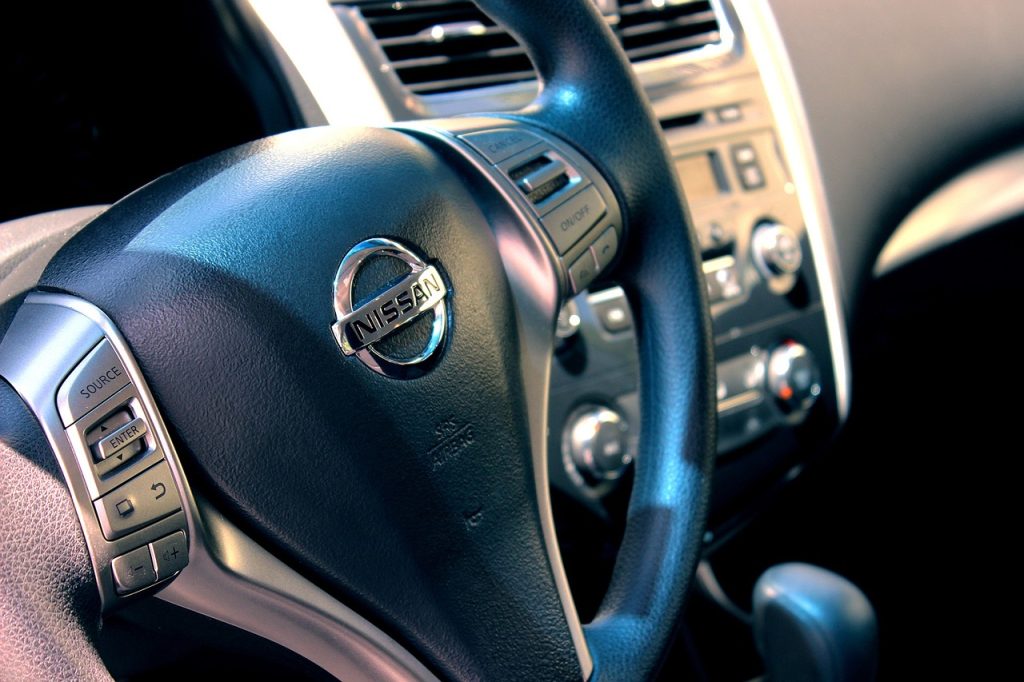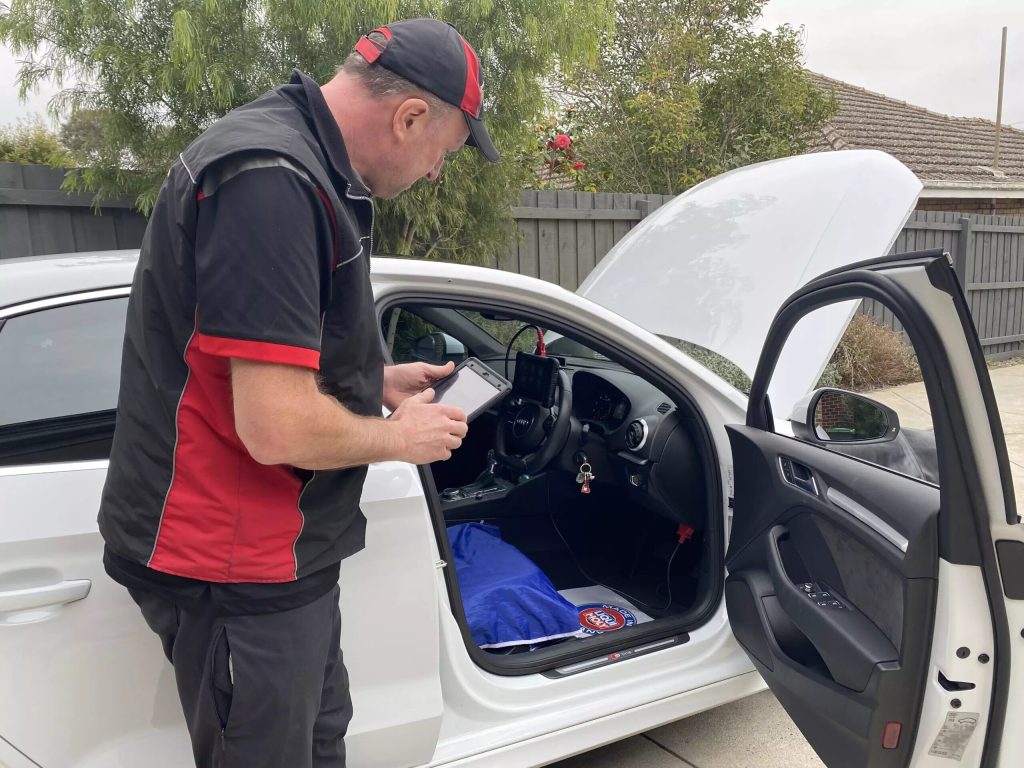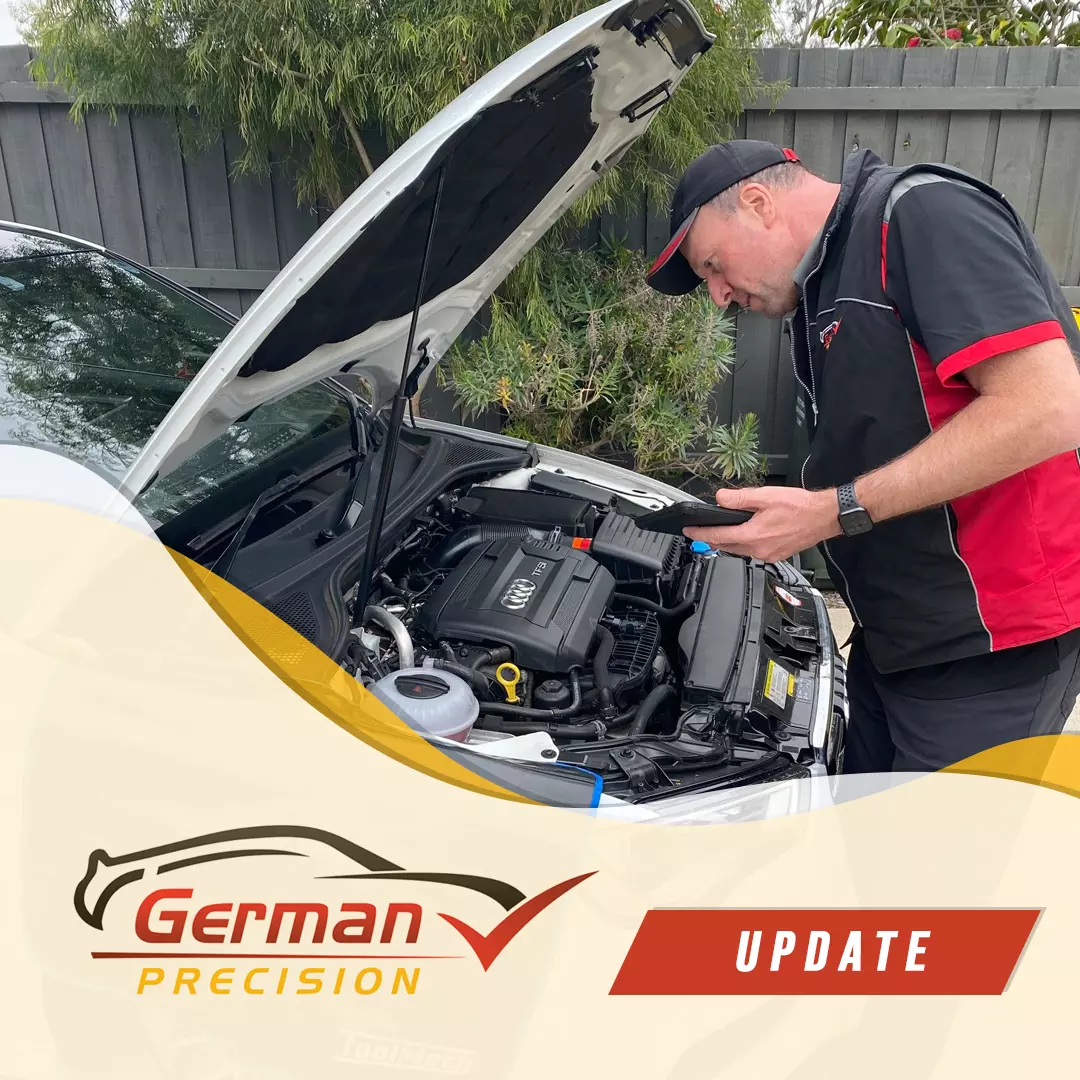Imagine buying a used car only to discover a major fault weeks later. Frustration mounts as repair costs pile up, leading to a common question: “what is covered under used car warranty?” Understanding used car warranties can save you from unexpected expenses and provide peace of mind. This guide will clarify the used car warranty repairs in Melbourne, highlight common issues, and offer practical advice on making the most of your warranty.
Read also: How to Detect Odometer Fraud and Ensure a Safe and Smart Purchase
Understanding Used Car Warranties
When purchasing a used car, Compulsory Third Party (CTP) insurance is mandatory for all registered vehicles in Australia. This insurance covers bodily harm and death to third parties if your car is involved in an accident. It does not cover damage to your own vehicle or property.
If the vehicle you are buying has active registration, the CTP insurance will be transferred to you along with the registration and ownership. This ensures that third parties are protected in the event of an accident.
Warranties can vary significantly. They generally fall into three categories: manufacturer warranties, extended warranties, and statutory warranties. Each type offers different coverage, so it’s important to know what applies to your vehicle.
Types of Warranties
Manufacturer Warranties
Manufacturer warranties are typically available for new cars but can transfer to subsequent owners within the warranty period. They cover defects in materials and workmanship, providing a safety net against manufacturing faults. Note though that some manufacturers exclude vehicles that have been purchased via auction, thus invalidating any remaining warranty.
Extended Warranties
Extended warranties offer additional protection beyond the manufacturer’s warranty. These can be purchased separately and often cover major components like the engine and transmission, although they come with specific conditions and exclusions.
Many car dealers are now trying to demonstrate their support and often include some variation or ‘bare minimum’ 1-year warranty in order to sweeten the deal and sell you the car – sometimes these can be ‘upgraded’ to a higher level of cover and/or longer period of cover.
Statutory Warranties
Statutory warranties are mandated by Australian law for certain used vehicles sold by licensed dealers. They cover specific issues for a set period (usually three months or 5,000 kilometres) and ensure the vehicle is fit for purpose. In Victoria, this is often referred to as a statutory warranty VIC (Consumer Affairs Victoria).
Vehicles covered generally include those less than 10 years old with less than 160,000 kilometres. Warranty durations can vary. Manufacturer warranties often last 3-5 years, with some manufacturers offering 7 years or up to 10 years (conditions apply) while extended warranties can be customised. Statutory warranties are usually shorter, often covering only the first few months or a specific mileage.
Read also: Buyers guide for Used Cars in Melbourne
Common Warranty Repairs and Exclusions
Common repairs that covered by warranties can help you manage your vehicle’s maintenance and repair needs include:
Engine and Transmission Issues: Typically covered under most used car warranty from dealer. Regular maintenance can help prevent these issues.
Electrical and Electronic Repairs: Often covered, though some exclusions may apply.
Interior Repairs: Covered if resulting from manufacturing defects.
Common exclusions include items subject to regular wear and tear, like tyres, batteries, bulbs, brake pads, and damage from negligence or misuse. If your vehicle develops a defect covered by a statutory warranty, the dealer must repair it free of charge. If the dealer fails to do so within a reasonable timeframe, you have the right to seek repairs elsewhere and recover the costs.
Making a Warranty Claim

Filing a warranty claim involves specific steps. Understanding this process can help you get your vehicle repaired efficiently and cost-effectively:
- Gather Documentation: Include the warranty agreement and proof of purchase.
- Contact the Dealer: Report the defect and arrange for an inspection or repair.
- Challenge Denials: If your claim is denied due to improper maintenance, challenge the decision through consumer protection agencies or legal channels
Before choosing an insurance policy, it is crucial to read the policy booklet and product disclosure statement to understand the specific coverage and conditions. Different insurers offer various terms, so comparing policies can help you find the best option for your needs. Pay attention to what is included and excluded, the premiums, and any excess fees. Here are key types of insurance to consider:
Third-Party Insurance
Third-party insurance covers damage to another vehicle or property if you are involved in an accident. This type of insurance does not cover your own vehicle. It is a more affordable option compared to comprehensive insurance and is suitable for those who want basic coverage to protect against liability for damages caused to others.
Comprehensive Insurance
Comprehensive insurance is the highest level of cover available. It covers all types of loss or damage to your vehicle, including theft and fire. If you currently have a comprehensive policy, you can transfer it to your new car or add the new car to the existing policy. Comprehensive insurance provides extensive protection, giving you peace of mind against a wide range of potential issues.
Uninsured Motorist Coverage
Uninsured Motorist Coverage provides limited protection against damage to your vehicle caused by an uninsured driver. This coverage helps cover repair costs if you’re hit by an uninsured driver. Consider adding this to your insurance when buying a used car to make sure you’re protected in such situations.
Financing and Registration
Before buying a used car, it’s important to be aware of the financing options available and the registration process in your area. This includes considering any additional costs like government fees. Different lenders offer varying financing options, so comparing rates and terms can help you secure the most favourable deal. Additionally, completing the necessary registration steps ensures you can legally operate your vehicle.
Conclusion
Understanding the different types of car insurance and related financial aspects ensures that you are well-prepared when purchasing a used car. By knowing what each type of insurance covers and the importance of proper registration and financing, you can make informed decisions that protect your investment and provide peace of mind.
For a comprehensive vehicle inspection and expert advice, consider consulting a reputable mechanic before finalising your purchase. This thorough evaluation can identify potential issues and help you make informed decisions about the vehicle’s condition and value.

Consider German Precision. Located in Melbourne, we offer thorough pre-purchase inspections to help you make informed decisions about your used car purchase. With over 35 years of experience, Klaus has handled thousands of vehicle inspections, from Prestige cars to EV models, Trust us to give you the detailed insights you need to make the right decision.

